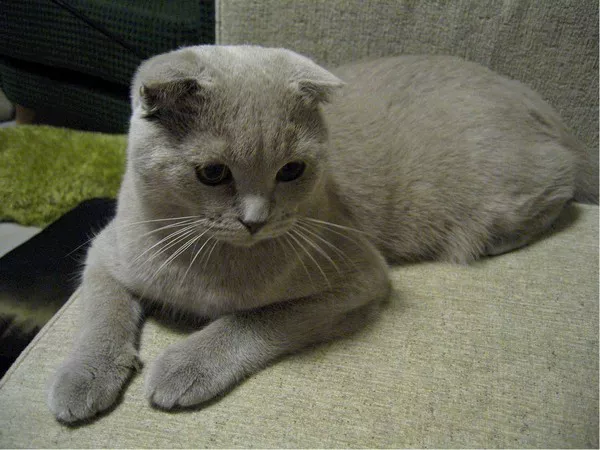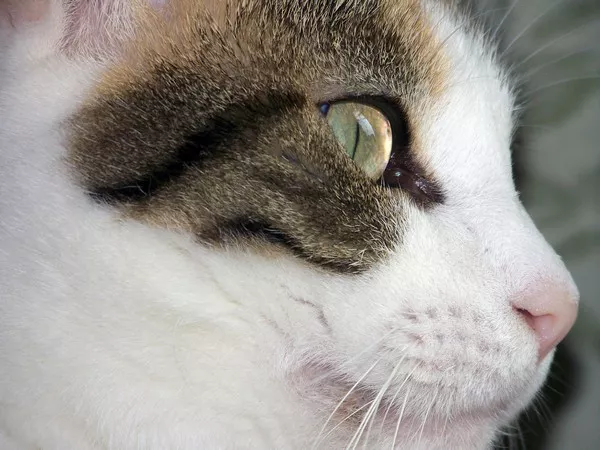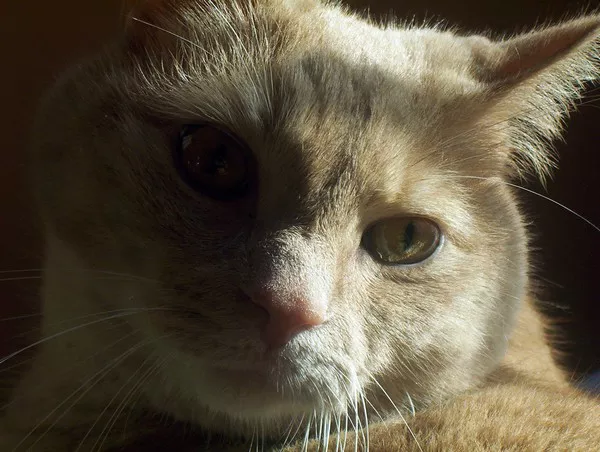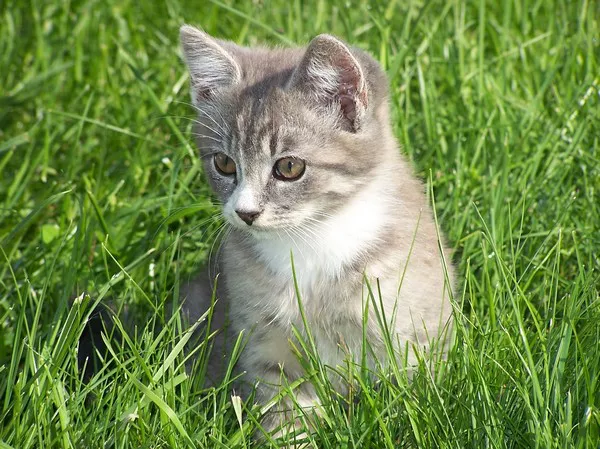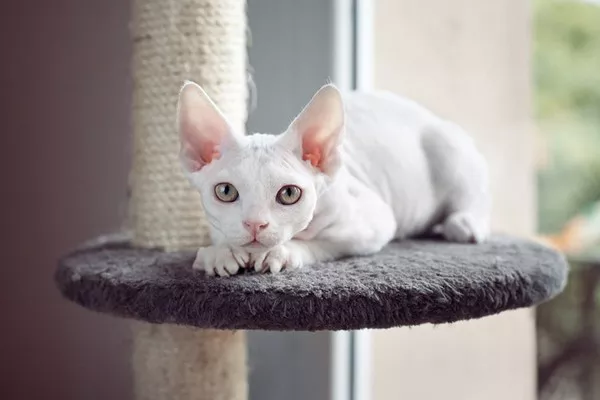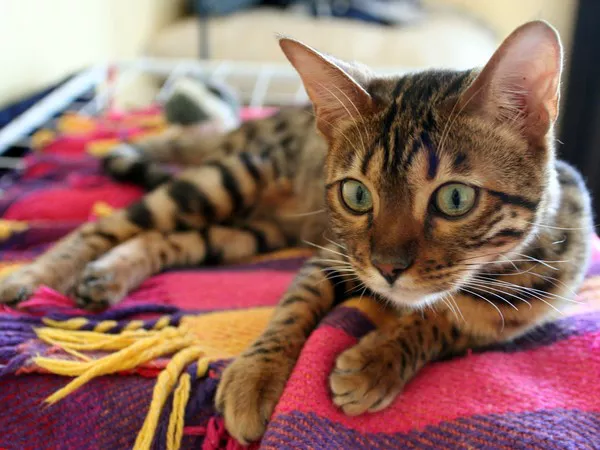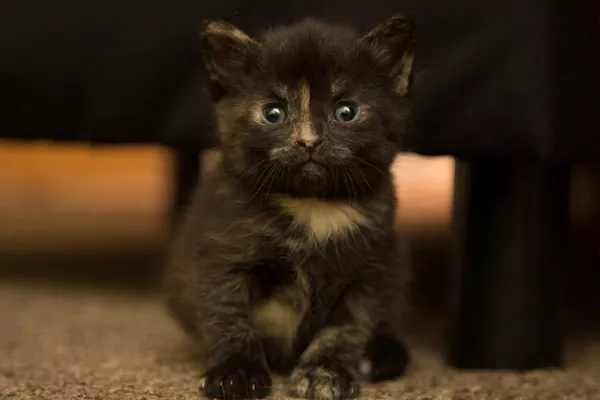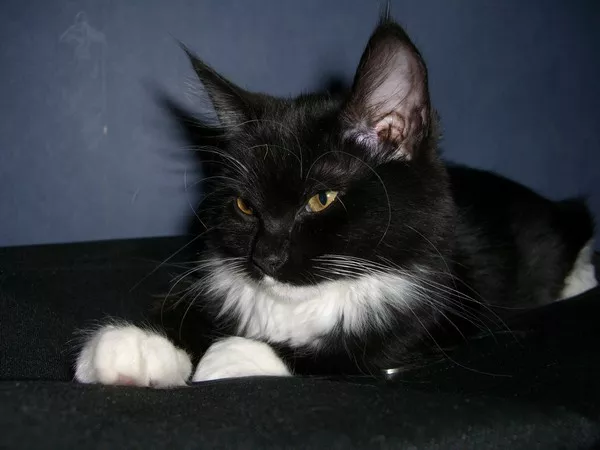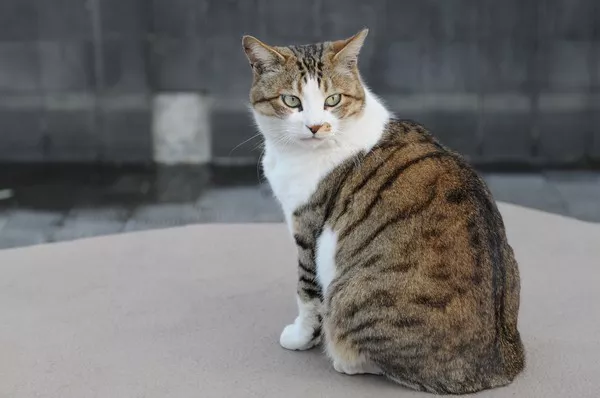As cherished members of our families, cats bring joy, companionship, and love into our lives. Just as we prioritize our own health and well-being, it’s essential to ensure that our feline friends receive the proper nutrition to thrive and lead happy, fulfilling lives. While commercial cat food provides essential nutrients tailored to their dietary needs, many cat owners wonder about incorporating human foods into their pets’ diets. In this comprehensive article, we’ll explore a variety of human foods that are not only safe for cats but can also offer health benefits when provided in moderation.
Understanding Feline Nutrition: Key Considerations
Before diving into the world of human foods for cats, it’s important to understand the unique dietary requirements of our feline companions.
1. Obligate Carnivores
Cats are obligate carnivores, which means that meat is an essential component of their diet. Their bodies require nutrients such as taurine, arginine, and arachidonic acid, which are found primarily in animal-based proteins. While cats can derive some nutrients from plant sources, they have a limited ability to digest carbohydrates and require a diet rich in high-quality animal proteins to meet their nutritional needs.
2. Hydration Needs
Proper hydration is crucial for cats’ overall health, as they have a low thirst drive compared to other animals. Feeding wet or moistened food can help ensure that cats receive an adequate amount of water, reducing the risk of dehydration and promoting urinary tract health.
3. Avoiding Harmful Ingredients
When selecting human foods to share with your cat, it’s essential to avoid ingredients that may be harmful or toxic to felines. This includes foods such as onions, garlic, chocolate, grapes, and raisins, which can cause adverse reactions ranging from gastrointestinal upset to organ damage or failure.
Feline-Friendly Foods: Safe and Healthy Options for Cats
While cats should primarily consume a balanced diet of commercial cat food formulated to meet their nutritional needs, there are several human foods that can be safely incorporated into their diets as occasional treats or supplements.
1. Cooked Meat
Lean, cooked meats such as chicken, turkey, or beef can be a tasty and nutritious addition to your cat’s diet. Be sure to remove any bones, skin, and excess fat before serving, and ensure that the meat is thoroughly cooked to avoid the risk of bacterial contamination.
2. Fish
Plain, cooked fish such as salmon or tuna can provide cats with essential omega-3 fatty acids, which promote healthy skin, coat, and joint function. However, fish should be fed in moderation due to potential mercury content and should never be a substitute for a balanced diet.
3. Vegetables
Some cats may enjoy small amounts of cooked vegetables such as peas, carrots, or green beans as a source of fiber and nutrients. While cats are primarily carnivorous, incorporating small amounts of vegetables into their diet can provide additional vitamins and minerals to support overall health.
4. Eggs
Eggs are a rich source of protein and can be a nutritious treat for cats when cooked thoroughly. Scrambled or boiled eggs without any added seasonings or ingredients are safe for cats to consume in moderation.
5. Fruits
Certain fruits, such as apples or berries, can be offered as occasional treats for cats. However, it’s essential to remove any seeds, pits, or stems before serving, as these parts may be toxic to cats. Additionally, fruits should only be offered in small amounts due to their natural sugar content.
Benefits of Incorporating Human Foods Into Your Cat’s Diet
While commercial cat food provides essential nutrients and is formulated to meet cats’ dietary needs, incorporating small amounts of human foods into your cat’s diet can offer several potential benefits.
1. Variety
Offering a diverse range of foods can help prevent dietary boredom and encourage cats to consume a balanced diet. Adding small amounts of human foods as occasional treats or supplements can add variety to your cat’s meals and make feeding time more enjoyable for both you and your pet.
2. Nutritional Benefits
Many human foods offer nutritional benefits that can complement a cat’s diet and support overall health. For example, lean meats provide essential protein, eggs offer complete amino acids, and certain fruits and vegetables provide vitamins, minerals, and antioxidants that contribute to optimal well-being.
3. Bonding and Enrichment
Sharing food with your cat can strengthen the bond between you and provide opportunities for positive interactions and enrichment. Whether you’re hand-feeding your cat a special treat or offering a taste of your own meal, these shared experiences can enhance your relationship and create lasting memories.
Precautions and Considerations
While many human foods can be safely incorporated into your cat’s diet, it’s essential to take precautions and consider your cat’s individual needs and preferences.
1. Portion Control
When offering human foods to your cat, it’s crucial to practice portion control and moderation. While small amounts of certain foods can provide nutritional benefits, overfeeding or feeding inappropriate foods can lead to digestive upset, weight gain, or nutrient imbalances.
2. Allergies and Sensitivities
Just like humans, cats can have allergies or sensitivities to certain foods. Before introducing new foods into your cat’s diet, monitor for any signs of adverse reactions, such as vomiting, diarrhea, or skin irritation. If you suspect that your cat may have a food allergy or sensitivity, consult with your veterinarian for guidance.
3. Consultation with a Veterinarian
Before making any significant changes to your cat’s diet or incorporating new foods, it’s advisable to consult with your veterinarian. Your veterinarian can provide personalized recommendations based on your cat’s age, health status, and dietary needs, ensuring that any dietary changes are safe and appropriate for your pet.
Conclusion: Enhancing Your Cat’s Diet With Feline-Friendly Foods
In conclusion, while commercial cat food remains the cornerstone of a cat’s diet, incorporating small amounts of human foods can provide variety, nutritional benefits, and opportunities for bonding and enrichment. By selecting safe and healthy options and practicing moderation, you can enhance your cat’s diet and contribute to their overall health and well-being.
Remember to always prioritize your cat’s dietary needs and consult with your veterinarian before making any significant changes to their diet or offering new foods. With careful consideration and attention to your cat’s individual preferences and sensitivities, you can provide them with a balanced and satisfying diet that supports their health and happiness for years to come.

